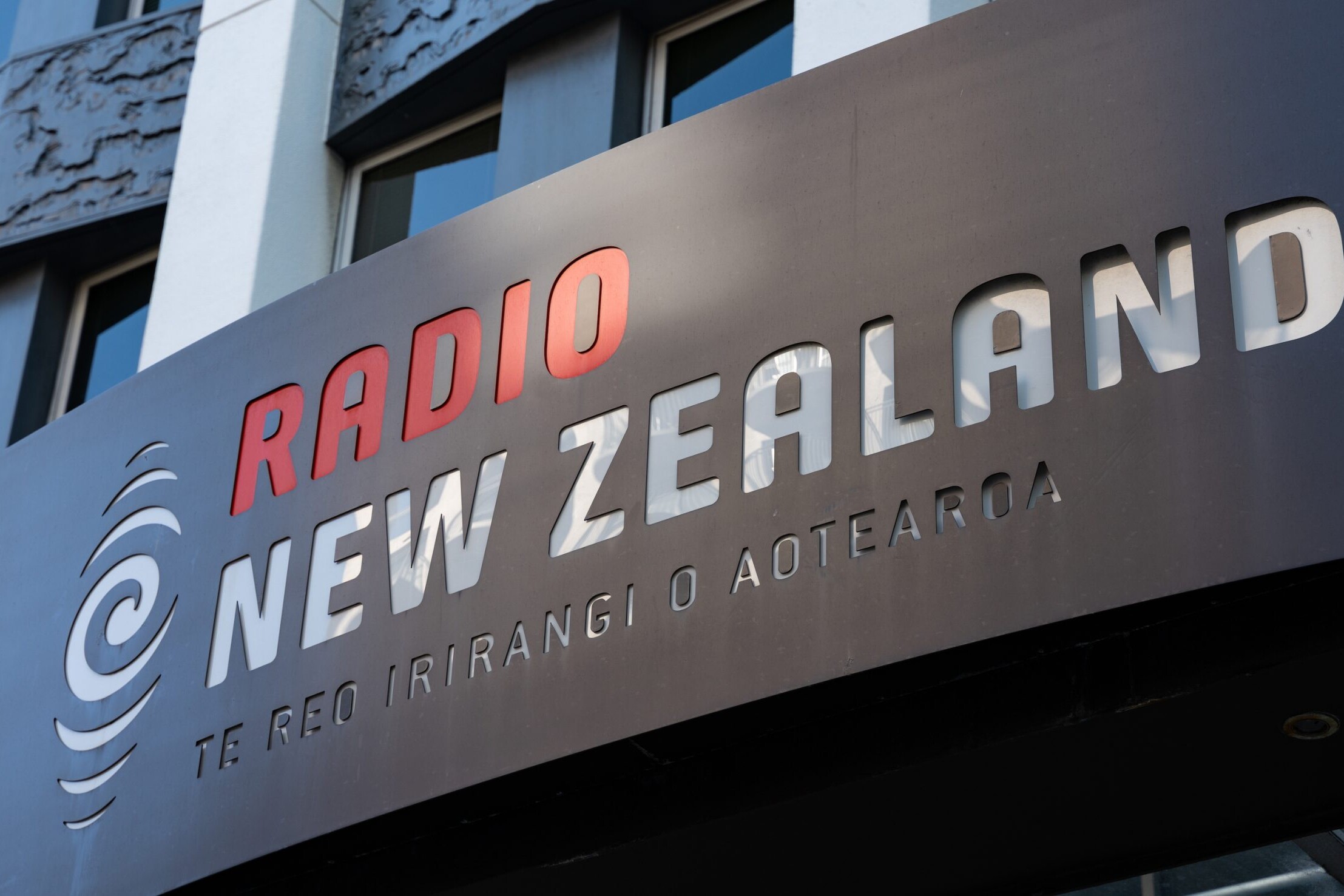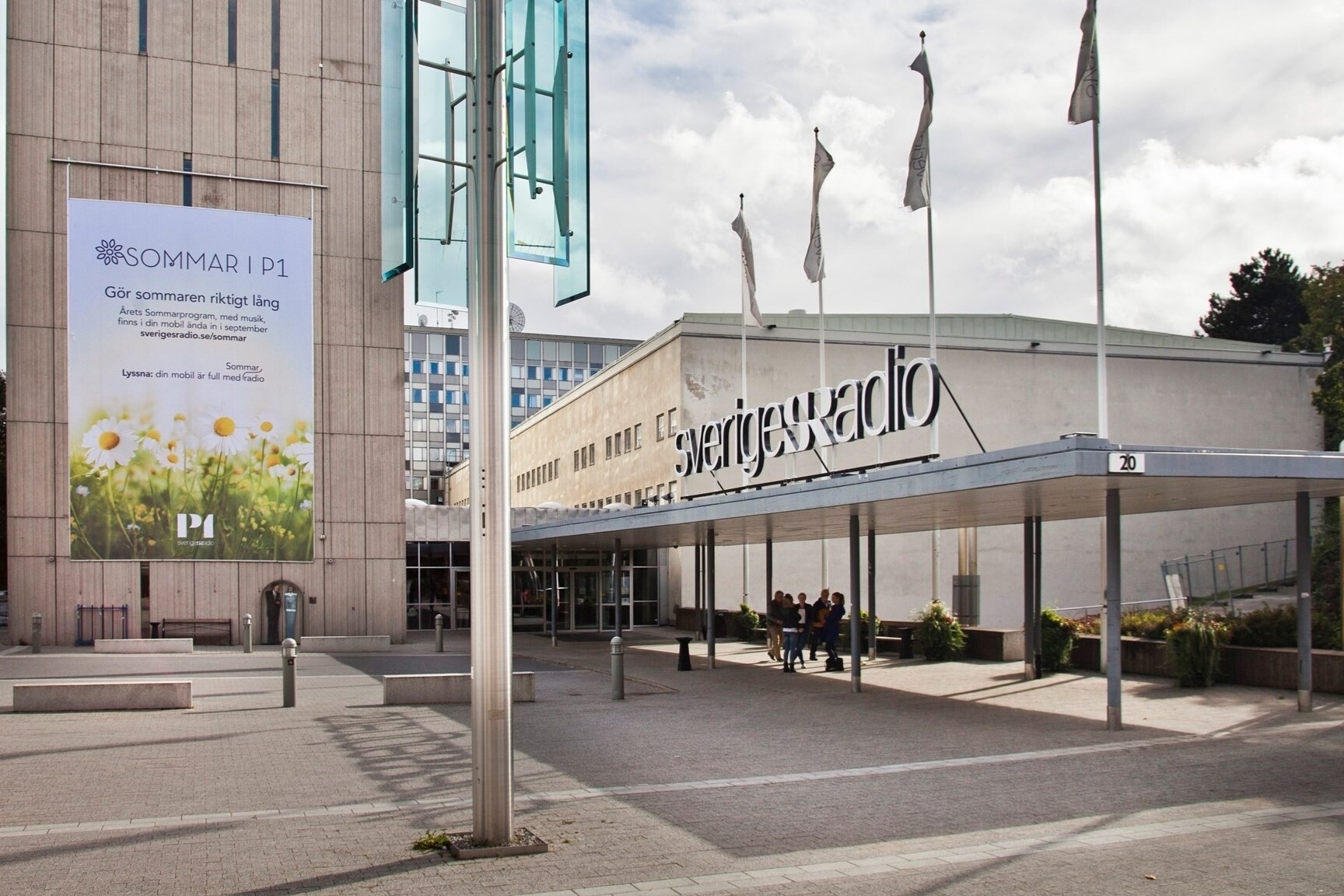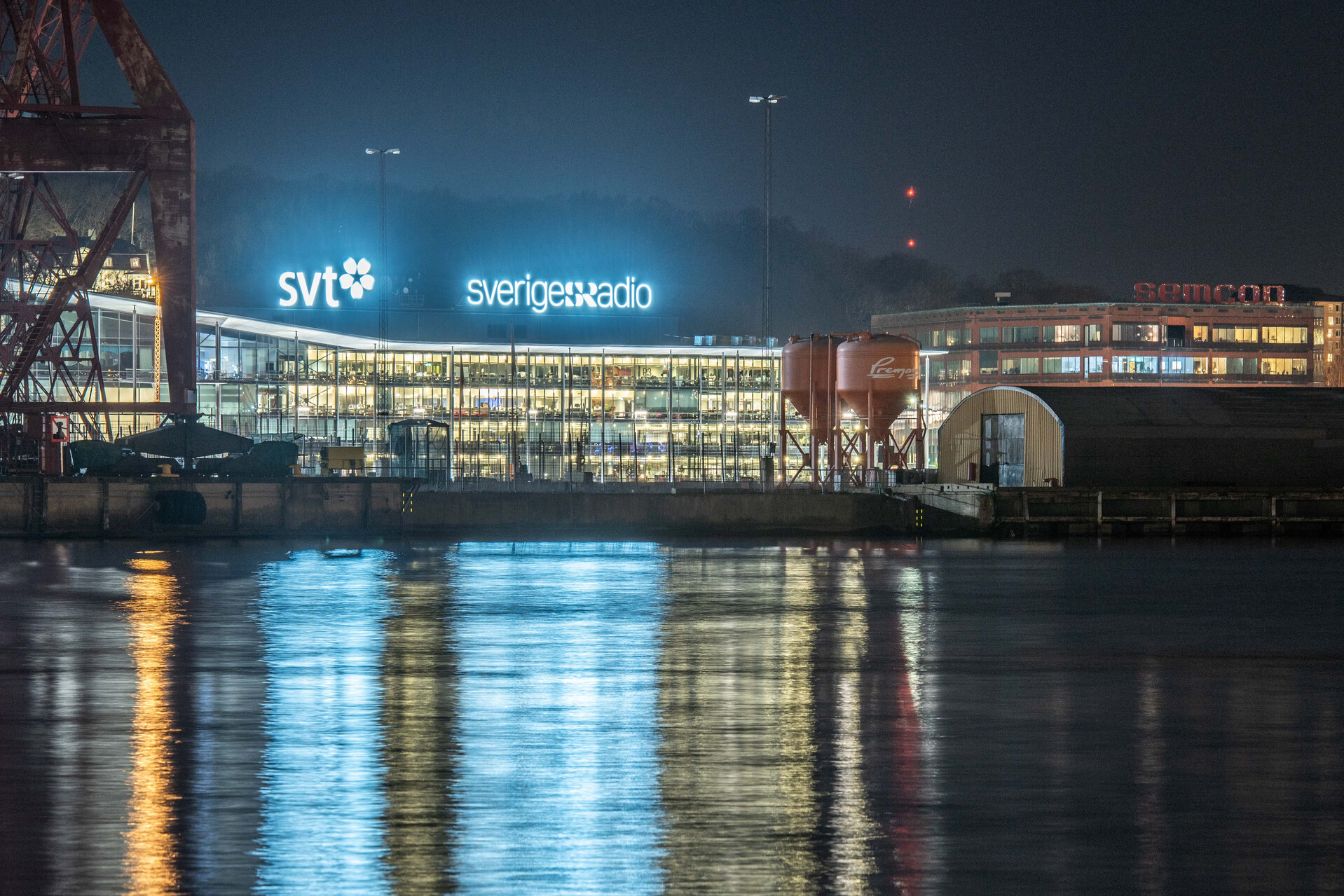ANALYSIS
RNZ & Swedish Radio turn 100. Their gift? Make savings
23 May 2025
The two public broadcasters are celebrating their centenary in 2025. But their reward for reaching this milestone is less than celebratory, with both now having to make savings.

On Thursday, it was budget day for New Zealand’s government, and although there were investments in some areas, for public media, it was not a budget to savour. Radio New Zealand (RNZ) will see its budget cut by $18 million over the next four years, which amounts to a seven percent cut.
Thursday was also a consequential day for Swedish Radio (SR), as the new proposals for the public service media mandate were published by the government. Although much of the policy was already known, the financing was outlined in detail, and SR’s CEO, Cilla Benkö warned it would leave the broadcaster 3.4 billion kroner short of what it needs to fulfil its obligations.
2025 is a milestone for the two public radio organisations, with both celebrating their one hundredth year, an achievement reached by only a few public media entities.
Read more: RNZ celebrates 100 years – where to now? (Insight)
Read more: Swedish Radio celebrates 100 years
There have already been announcements, events, and speeches to mark the anniversaries this year. Back in April, RNZ launched five new scholarships for future journalists. “The scholarships reflect RNZ’s ongoing commitment to the craft of journalism and the importance of bringing through the next generation of journalists,” said RNZ’s CEO, Paul Thompson. SR recently unveiled its “100 Voices from 100 Years” project, hearing from a member of the public born in every year since 1925 about their radio memories. “We want to show how radio and sound have become a natural part of people’s lives for an entire century. It is our history, but it is also the listeners’ stories,” said Ulf Myrestam, channel manager for P4. It’s expected that both RNZ and SR will unveil more initiatives throughout the remainder of the year.
Such anniversaries are important and serve as an excuse to reflect on the role of public service media, both historically, and for the future. It gives citizens of New Zealand and Sweden an opportunity to consider the vital role both broadcasters play in the cultural, educational, and information environments of their respective countries. RNZ and SR provide trusted, impartial and accurate news to audiences. They act as central pillars of their country’s information ecosystems. They are lifeline services during times of crisis and emergency. They promote national culture and identity, and deliver specific offerings by and for Indigenous and minority groups.
Latest Analysis
The funding cuts that both RNZ and SR are now confronted with is a blow to this mission. In a blog, SR’s CEO Cilla Benkö and Chief of Staff, Gabriel Byström said the cuts will lead to a “gradual dismantling of Swedish Radio” that “also risks negatively affecting Sweden’s preparedness capacity.” SR predicts between 350 and 400 jobs will be axed as a result, and that audiences will notice a decline in their offering.
RNZ’s board chair, Dr Jim Mather meanwhile said the organisation was “naturally disappointed” with the outcome but that they recognised the wider financial environment. New Zealand’s Communications Minister, Paul Goldsmith however, said he expects “RNZ to improve audience reach, trust and transparency,” despite the cut of $4.6 million in their annual budget.
Neither RNZ nor SR are alone in facing a difficult financial environment ahead. There are broadcasters whose future is much more uncertain. In the US, NPR and PBS and all the local member stations are facing an active effort to defund public media entirely. SABC remains in a perilous position, needing millions to finance their activities, with no future long-term funding solution identified.
Still other broadcasters are contending with a tightening of the purse strings, including Finland’s Yle which has seen a reduction in its annual budget of €19 million. Germany’s public broadcasters are taking the state Prime Ministers to court to receive their funding boost, while ORF in Austria is facing a significant budget shortfall. NHK – also celebrating its centenary this year – posted a 40 billion Yen deficit earlier this year.
Given the current level of geopolitical tension and conflict globally, the need for accurate and impartial news and information, delivered by independent and accountable media entities is absolutely vital. Celebrating one hundred years for both SR and RNZ (as well as NHK) is an opportunity to emphasise and highlight these essential public services.
Increasing the reach, trust and transparency of public media is no minor feat in the best of times. But this comes at a time when trust in news media is being tested, and audience fragmentation means increasing reach is tied to expanding and divesting offerings, being creative and investing in new formats. Cuts will not advance this mission but place a higher burden on public broadcasters and only diminish their ability to reach all citizens with trusted, and valued news and content.
Related Posts
22nd May 2025
New Zealand budget: More money for journalists, less for RNZ
NZ's gov't focus on media by investing…
16th May 2024
Proposals for Swedish public media raise concerns about future support
A lack of political consensus over new…






